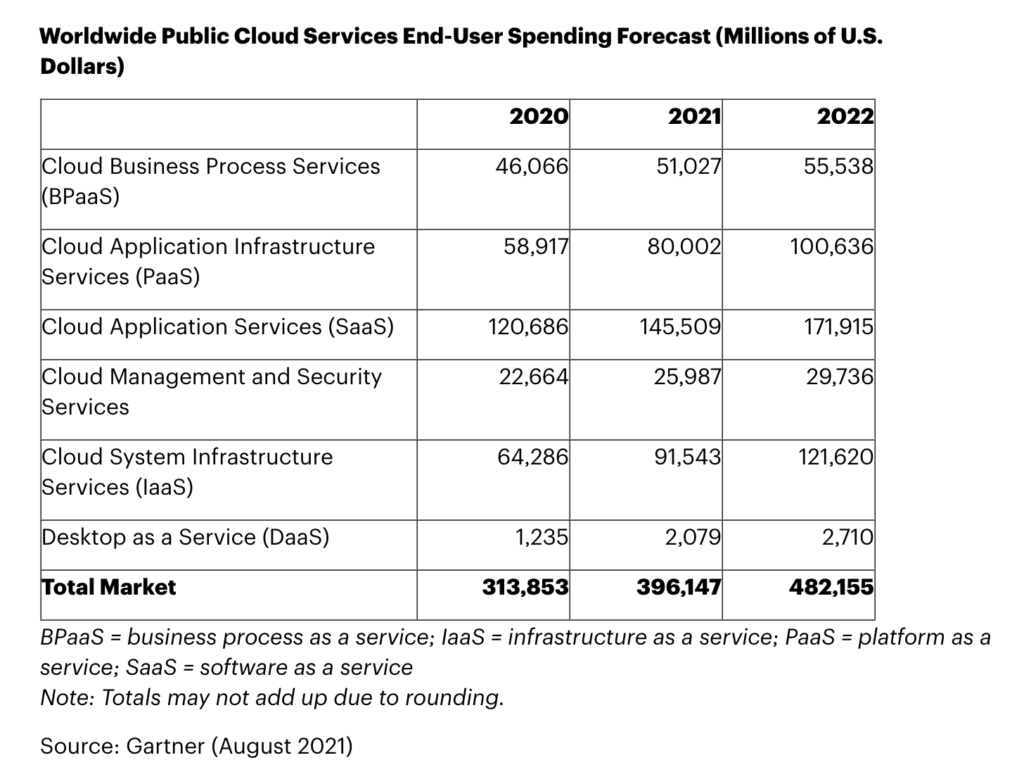These past few weeks, I’ve repeatedly remarked that social media marketing — while a glorious and wonderful phenomenon in its own right — is unlikely to be the death of online advertising.
This has not been a popular position. In fact, I was feeling a little lonely out on that limb.
But today, I had some company join me. And not just any company. Google, the great masters of the Internet universe, happily crawled out on this limb with me — with $750 million to purchase AdMob, the leading mobile display advertising company. (The branch is sagging under the weight of all that cash. Either that, or I need to cut back on the cheese dip.)
This is Google’s resounding vote that, while app stores are nice for occasional $0.99 revenues here and there, the real business of the online world — extending into the now fully blossoming (finally!) mobile market — is advertising.
Assuming that this deal closes (more on that in a moment), this will mean that Google will be even more of an advertising juggernaut than ever before:
- AdWords for PPC sponsored ads on the most popular search engine;
- AdSense for ad placements in the longest Long Tail content network;
- YouTube for video ads in the largest online video community in the world;
- DoubleClick for managing advertisements at enterprise-class scale;
- Google TV Ads for bringing AdWords sensibility to television ads;
- and now AdMob for mobile advertising with web display ads and app display ads;
When you line it up end-to-end, that’s a tremendous paid media portfolio.
I’d say the phrase “Internet dominating paid media portfolio,” but that’s probably not what Google wants to hear — as there’s already talk about Google-AdMob antitrust issues.
It will be interesting to see how that debate evolves.
However, their intentions to make this acquisition still count as a vote for a long and prosperous future for online advertising.
It’s ironic. Google has a reputation of being a very engineering-driven company, not a particularly strong marketing culture. Yet in the battle for the future of advertising, they’ve become the staunchest advocate of its survival and rebirth.


